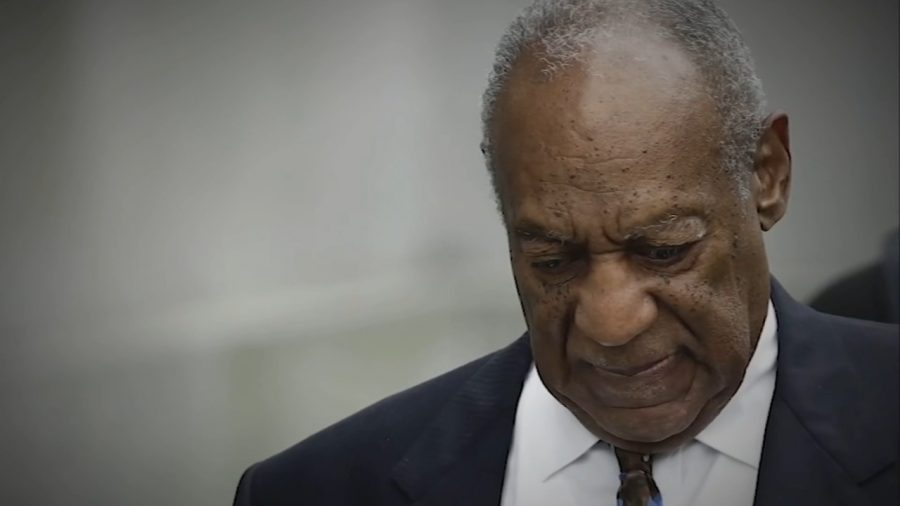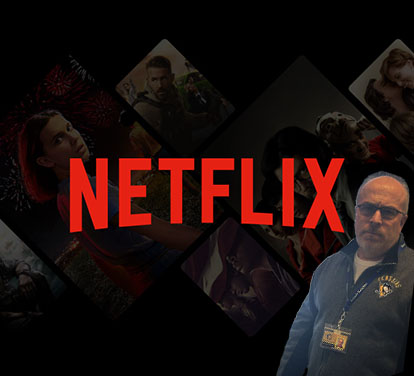Justice or Folly?
The Release of Bill Cosby
On June 30th, 2021, Bill Cosby was released from prison. Cosby was convicted on three felony counts of aggravated indecent assault in 2018. He was to serve a three to ten year sentence, but was released just short of three years.
Cosby was released after the Supreme Court of Pennsylvania (SCOPA) reversed the conviction. Many Americans were shocked at this reversal, and were unsure why it was made. As more became known about the case, it became apparent that Cosby’s rights to due process were violated; the former district attorney Bruce Castor, had promised that he would not prosecute Cosby in a criminal trial, and then Cosby was prosecuted.
With time, few, if any, updates have come to the story. Resentfully, the public seemed to let the case rest in the back of their minds, as all the anger from knowing a monster was free had no other place to go. Yet somehow, no matter how wrong it seemed, the right thing had supposedly been done.
However, that is not the case. A poor situation with poor precedents should not result in a poor decision, especially not in the legal system. The breakdown is complicated, but necessary to understand why Bill Cosby should not walk free today.
Former District Attorney of Montgomery County, Bruce Castor, formed a “non-prosecution agreement” with Cosby’s lawyers in 2005. From the evidence brought forward in the case filed by Andrea Constand, Castor had determined her chances of yielding success were too low and declined to authorize any criminal charges brought against Cosby. He had given Cosby his assurance that he would not be tried in the case, but also encouraged him and gave him the confidence to participate in an ensuing civil trial that followed. The civil trial was brought after Castor had recommended Constand not press forward in a criminal trial.
Naturally, once Castor publicized his comments, a civil suit ensued in which Cosby was sued by Andrea Constand. He was found guilty of drugging and molesting Constand. In his deposition, he also confessed to drugging women with quaaludes and alcohol.
Constand was awarded $3.8 million for her case, but that was not the end of the story.
In 2015, a surge of victims came forward with their stories about how Bill Cosby had sexually assaulted them. The list ranged from the years 1965 to 2008, and included roughly 41 women in total.
However, this “non-prosecution agreement” was done in the form of a press release, which is not standard for a legally binding statement. District Attorney rejects can and do happen, but the information is not typically publicized through a press release. The statement reads, “…District Attorney Castor declines to authorize the filing of criminal charges in connection with this matter.
In addition, a District Attorney rejection is not a permanent decision. Rejects are often done because there is not enough evidence to prosecute. If more evidence surfaces, the rejection can be overturned and a case can move forward.
The time that Castor was the District Attorney carries another alarmingly prominent discrepancy; Bruce Castor was the District Attorney in 2005, when Andrea Constand’s civil suit took place, but he was not in 2018 when the criminal trial happened. The district attorney during the criminal trial was Kevin Steele.
Not only was Bruce Castor’s agreement to not prosecute Cosby able to be overturned, but it was never properly written into law. It is nonsense that such an unofficial statement was expected to be upheld by a totally different district attorney.
In Pennsylvania Supreme Court Justice Thomas Saylor’s court opinion, he challenges the legitimacy of the press release with respect to its effect on the trial. Saylor states in his dissent, “I read the operative language –“District Attorney Castor declines to authorize the filing of criminal charges in connection with this matter” — as a conventional public announcement of a present exercise of prosecutorial discretion by the temporary occupant of the elected office of district attorney that would in no way be binding upon his own future decision-making processes, let alone those of his successor.”
It is very worrying when someone convicted of these horrible crimes is let free by what seems to be a simple oversight, especially a case with a list of 41 accusations.
The decision to free Bill Cosby was simply embarrassing for our justice system, and nonsensical with respect to every legal term. Justice was not fairly served, it stripped away from the victims in a ridiculous manner.











